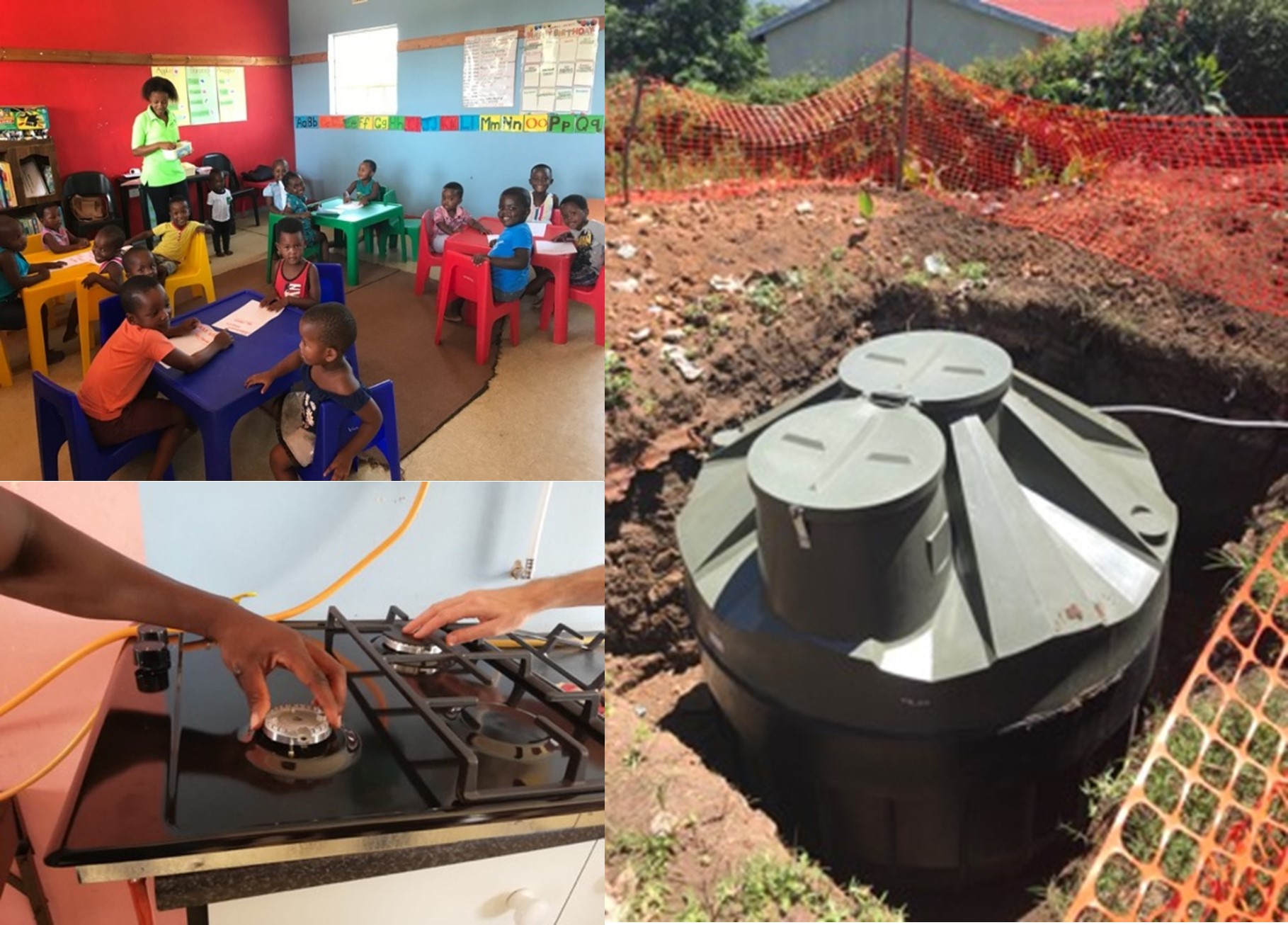Two new case studies about HTC and Decentralized micro-biodigesters
These are the second and the third of a case study compilation to explore lessons on material and energy valorisation of waste within the framework of IEA Bioenergy Task 36. The set of case studies will be published during 2021 and beginning of 2022 covering social and public acceptance aspects, barriers in Waste-to-Energy (WtE) implementation, success stories for decentralized solutions, and integration of WtE within material and/or nutrient recovery. The purpose of these case studies is to showcase examples from which countries can get inspiration and support in implementing suitable policies and solutions in the waste/resource management and WtE sector that would facilitate their transition towards circularity.
Hydrothermal carbonization (HTC): Valorisation of organic waste and sludges for hydrochar production and biofertilizers.
This case study describes a technology developed by Ingelia, a SME based in Valencia (Spain) owned by multinational shareholders from Spain, Austria, England, and Italy, applied to organic waste and sludges for the production of hydrochars and biofertilizers. I also included a life cycle assessment to determine the potential environmental impacts (global warming, freshwater eutrophication, and terrestrial acidification) of a large-scale HTC plant processing wet biomass and sludge.
Read more:
Access to the case study: https://task36.ieabioenergy.com/wp-content/uploads/sites/34/2021/10/HTC-Valorisation-of-organic-wastes-and-sludges-for-hydrochar-production-and-biofertilizers.pdf
Decentralized Micro-biodigesters systems for rural South Africa.
The purpose of this report is to contribute to the development of a best practice model for rural biogas provision in South Africa. It is contextualised within two interrelated, but distinct, rural bioenergy projects located in the Ndwedwe Local Municipality (NLM), within the iLembe District Municipality in the KwaZulu-Natal Province, funded by the South African National Energy Development Institute (SANEDI) and the National Lotteries Commission (NLC). These two projects encompassed repairs to 26 existing household digesters and design and implementation of new integrated biogas provision and sanitation systems at five Early Childhood Development Centres (ECDCs). Utilising a mixed-methodological approach, interventions were evaluated on their socio-economic, energy, and sanitation outcomes, and an optimisation plan was implemented to address identified shortcomings.



